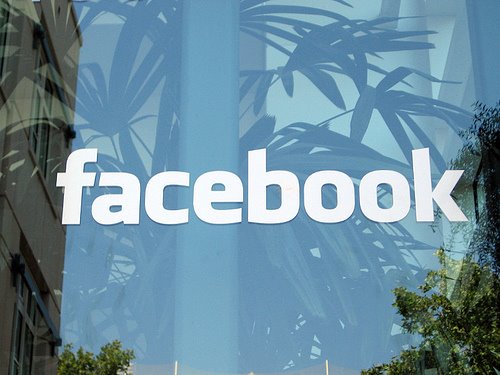The web is now free to get even more social today with Facebook's announcement that Facebook Connect is now available to the public. Announced back in May and in private beta testing for some time, Facebook Connect allows users to harness their Facebook credentials and data on participating external websites, then bring those experiences back to the Facebook community, all backed by strict data retention policies and granular privacy controls. It brings the promise of a single sign-on solution and more convenient socialization on the web, and now, any developer or website owner can hop on board.
Announced in a press release,Facebook Connect registration is now open to anyone, with sample applications and source code available to help developers get started. The service is designed to solve two distinct problems that have emerged out of a web that has become both more functional and social: how to make it easier for users to bring their identity with them to all these new sites, and the second is how to easily share these experiences with friends, family, and coworkers. 
Facebook isn't the only organization attempting to tackle these problems, as a number of similar initiatives have appeared. Movements like OpenID, a single sign-on solution that allows a number of companies to serve as identity storehouses, have gained significant support from major industry partners like Google , Yahoo , and IBM . DataPortability is another solution with ambitions on par with Facebook's, as it involves both single sign-on ideals and, as its name suggests, the ability to share one's data like profile information or photo galleries between sites. In recent months, however, OpenID's usability problems have become a hindrance, and many of DataPortability's largest backers, like MySpace , have yet to pull the trigger.
Through Facebook Connect's private beta period and for today's launch, the company signed on a healthy batch of major partners for testing such asCNN , MoveOn , Hulu , and Citysearch . Facebook's 130 million users can now use their credentials to sign into participating third-party sites and populate their identity with Facebook profile info, but still take advantage of granular privacy controls that can restrict things like profile photos from being viewed by other Facebook Connect users logged into the site. These sites will have to follow the Facebook Connect Policies and Developer Terms of Service that put forth strict rules on things like data retention policies and sign-in usability.
Experiences at these other sites, such as leaving a comment, digging a post, or adding photos to a community, can now be shared back to one's Facebook activity stream much more easily as well, completing the circle of social activity that begins and ends with Facebook. Considering the rampant success of the Facebook Platform and the site's steady growth, you can look for a lot of sites to begin offering Facebook Connect integration very soon.
http://arstechnica.com
Announced in a press release,

Through Facebook Connect's private beta period and for today's launch, the company signed on a healthy batch of major partners for testing such as
Experiences at these other sites, such as leaving a comment, digging a post, or adding photos to a community, can now be shared back to one's Facebook activity stream much more easily as well, completing the circle of social activity that begins and ends with Facebook. Considering the rampant success of the Facebook Platform and the site's steady growth, you can look for a lot of sites to begin offering Facebook Connect integration very soon.
http://arstechnica.com

